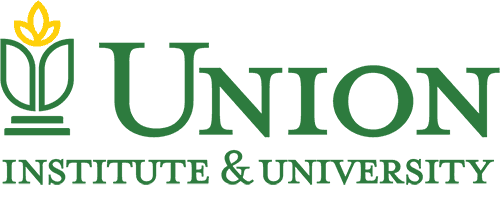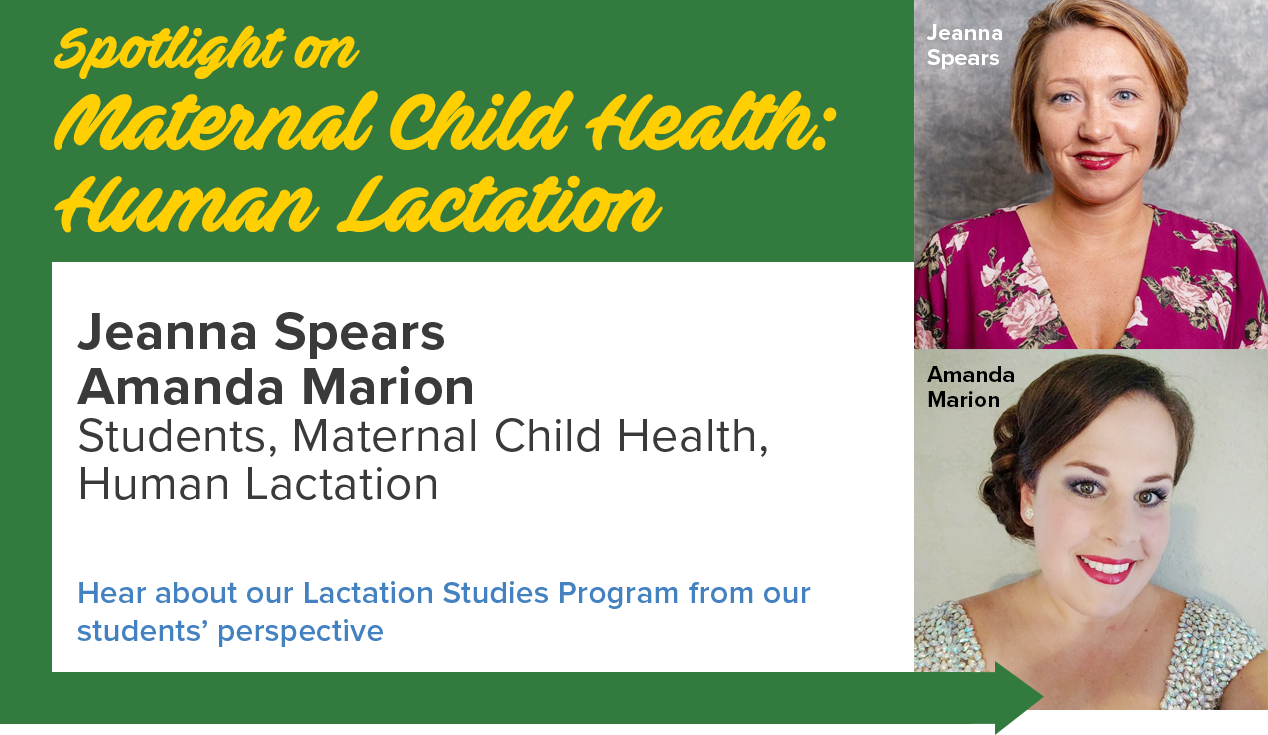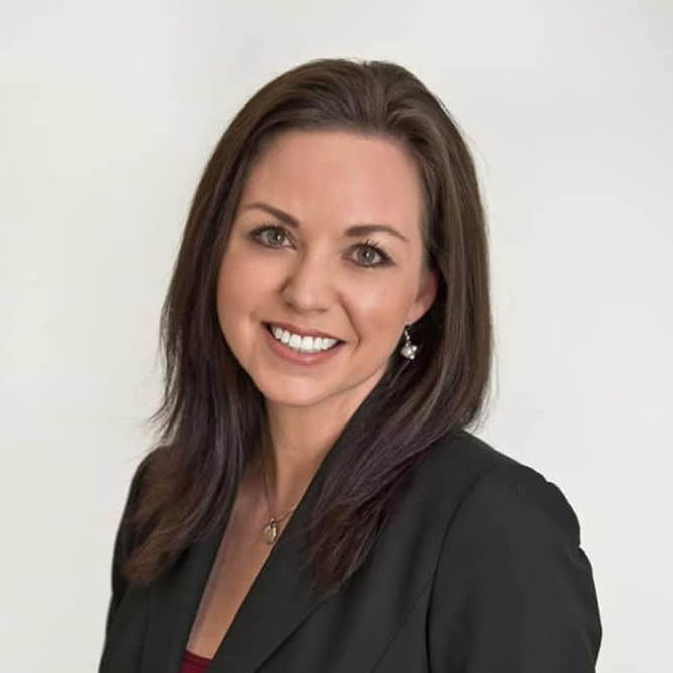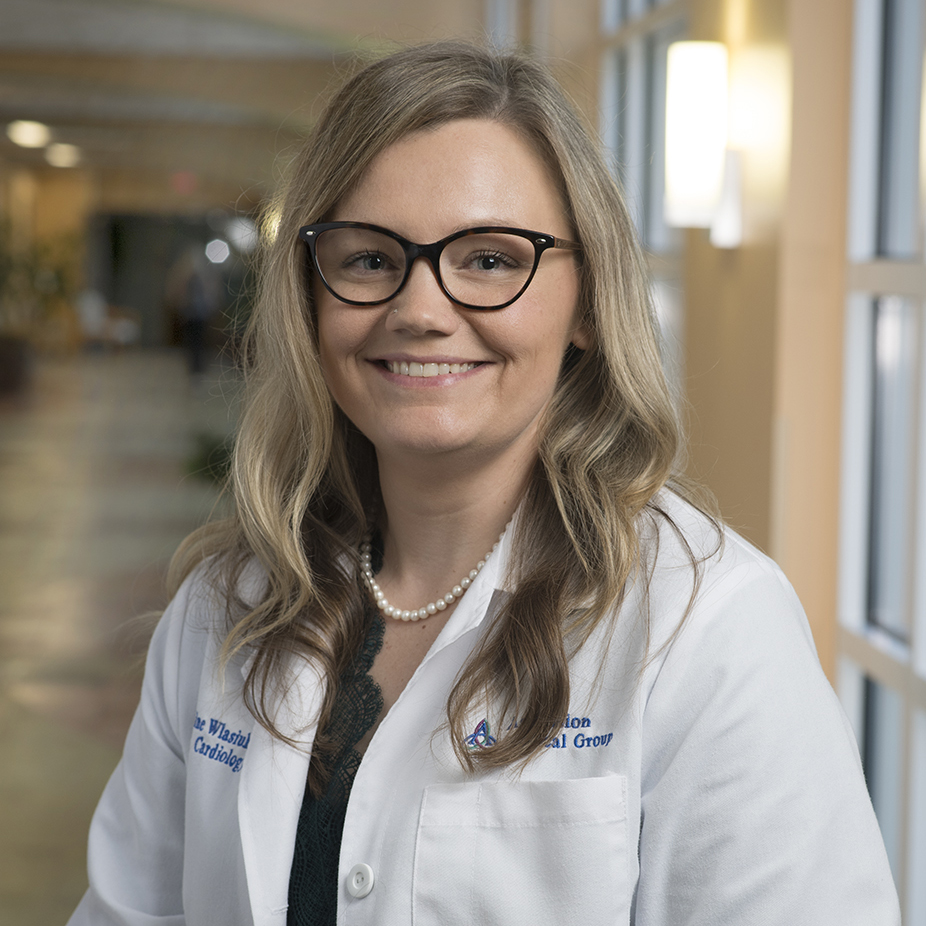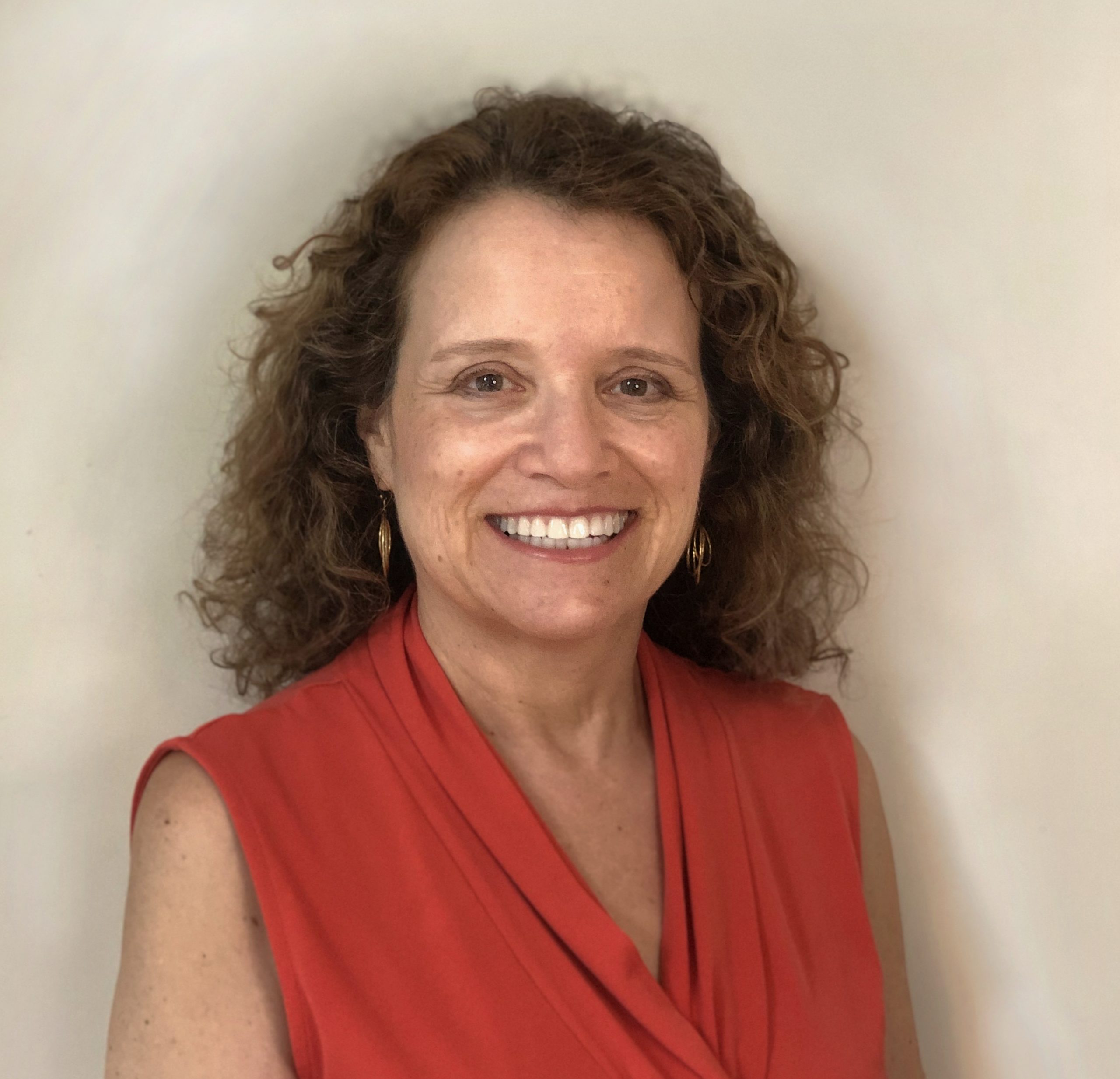Maternal Child Health:
Human Lactation
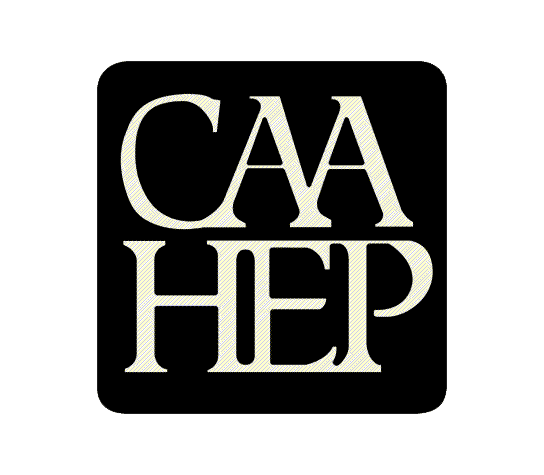
Become a Lactation Professional
Union Institute & University’s Maternal Child Health in Human Lactation is proud to provide anyone with a passion for happy and healthy children with one of the only lactation programs in the country. Union is able to provide you with the skills and training to counsel expectant mothers and mothers of young infants about feeding and caring for their young infants, whether you’re experienced in lactation or new to the field.
Become a Lactation Professional
Union Institute & University’s Maternal Child Health in Human Lactation is proud to provide anyone with a passion for happy and healthy children with one of the only lactation programs in the country. Union is able to provide you with the skills and training to counsel expectant mothers and mothers of young infants about feeding and caring for their young infants, whether you’re experienced in lactation or new to the field.
Careers of our Maternal Child Health Graduates
Union’s Maternal Child Health graduates come from many types of backgrounds, including nursing and healthcare.
We empower you to use your lactation knowledge and experience in a variety of fields and industries.
Face-to-face
workshops
Union’s Human Lactation program combines our flexible distance learning program with four Healthy Children Project face-to-face workshops, the largest national provider of lactation management education for healthcare providers through their Center for Breastfeeding.
All About the
Healthy Children Project
Members of the HCP faculty are leaders in the breastfeeding and lactation field who are recognized for their evidence-based scholarship, as well as their clinical experience. Healthy Children is also a founding member of the United States Breastfeeding Committee and an invited member of the USDA Breastfeeding Promotion Consortium. Union is proud to provide our valuable relationship with the HCP for our Maternal Child Health students.
All About the
Healthy Children Project
Members of the HCP faculty are leaders in the breastfeeding and lactation field who are recognized for their evidence-based scholarship, as well as their clinical experience. Healthy Children is also a founding member of the United States Breastfeeding Committee and an invited member of the USDA Breastfeeding Promotion Consortium. Union is proud to provide our valuable relationship with the HCP for our Maternal Child Health students.
Skills & Benefits Union Students Gain
-
Apply critical thinking and problem solving methods to correctly identify and assess contributing factors and causes of breastfeeding management problems.
-
Develop and describe an appropriate individualized and client-centered plan, assist in the implementation of the plan, evaluate the effectiveness of the plan, and document client interactions.
-
Communicate with clients and members of the health care team in a professional, integrated, interdisciplinary, and culturally competent manner.
-
Explain and apply the major terms, methods, concepts and/or theories relevant to maternal child health and human lactation.
-
Identify, analyze, and evaluate scientific research findings related to the methods, concepts, theories, and practice of maternal child health and human lactation.
-
Apply the principles of biomedical ethics, lactation science, and related disciplines in the provision of breastfeeding counseling and adult education services.
Maternal Child Health Structure & Courses
• 120 Credit Hours Program (minimum)
• Full-time & part-time options
• Classes start every 8 weeks!
• Up to 90 semester hours in transfer credits
HDC
HDC
MCH 140
MCH 140
MCH 150
MCH 150
MCH 220
MCH 220
MCH 223
MCH 223
MCH 250
MCH 250
MCH 322
MCH 322
MCH 323
MCH 323
MCH 324
MCH 324
MCH 325
MCH 325
MCH 327
MCH 327
MCH 328
MCH 328
MCH 329
MCH 329
MCH 380
MCH 380
MCH 383
MCH 383
MCH 388
MCH 388
MCH 389
MCH 389
MCH 428
MCH 428
MCH 429
MCH 429
MCH 450
MCH 450
MCH 452
MCH 452
MCH 460
MCH 460
MCH 461
MCH 461
MCH 480
MCH 480
MCH 481
MCH 481
PW2
PW2
Funding Your Future
explore your Financial Aid & scholarship options
Meet Our Maternal Child Health: Human Lactation Faculty
Frequently Asked Questions
How does one become an International Board Certified Lactation Consultant (IBCLC)?
There are three pathways through the International Board of Lactation Consultant Examiners (IBLCE) by which individuals can become IBCLCs. Each pathway requires 14 health science pre-requisite courses, 90- hours of didactic lactation education, and a certain number of clinical hours. We are a CAAHEP accredited Pathway 2 academic program.
Does this program provide me with all of the requirements to sit for the International Board Certified Lactation Consultant (IBCLC) exam?
Yes, our CAAHEP accredited Pathway 2 academic lactation program provides all of the requirements to sit for the IBCLC exam.
What if I already hold the International Board Certified Lactation Consultant (IBCLC) credential? Am I still eligible for the Bachelor of Science in Maternal Child Health: Human Lactation Studies major?
Yes, we have quite a few students who come to us already holding the IBCLC credential. Within the Maternal Child Health: Human Lactation (MCHL) major there are three concentrations: General MCHL, Health Disparities and Childbirth, and Pathway 2 Lactation. If student already has an IBCLC, he/she would enter as a general MCHL concentration student or a Health Disparities and Childbirth concentration student.
I see that your program contains a 300-hour clinical internship. Do I need to travel to Cincinnati, OH for this internship?
No, there is no travel needed in our program. The internship is remote and student-identified, so you can choose a preceptor and location that is convenient to you. We have a Clinical Coordinator who works directly with students to help them secure internship sites and secure all of the necessary agreements with the facility.
How does the 300-hour internship work? What is involved in the process of securing an internship site?
- The 300-hour internship is split between two courses (150 hours per course). Within each course there is a set of competencies that students must complete along with the hourly requirement.
- Internships can take place in hospitals, public health clinics, federal Women, Infants, and Children (WIC) clinics, obstetrics offices, pediatric offices, or private lactation practice.
- Students must have a preceptor who is an International Board Certified Lactation Consultant (IBCLC) at their internship site in order to oversee and facilitate that on-sight learning. We encourage students to use the S. Lactation Consultant (USLCA) website and the International Lactation Consultant Association (ILCA) website to search for IBCLCs in their area upon admission into the program. Internship courses occur in the students’ third or fourth semester, but it never hurts to get things lined up early.
- The internship itself requires a completed Internship Application, background check, proof of health insurance, proof of professional liability insurance, and a completed Affiliation Agreement between UI&U and the internship facility. An Internship Packet, detailing all of this information, is available to all current students.
- The internship approval process can take upwards of 6-8 weeks or longer.
What are career opportunities available for IBCLCs?
Many of our graduates have taken traditional career paths beyond graduation while others have taken nontraditional paths. Many of our graduates go on to work in a clinical setting such as a hospital, obstetric office, or pediatric office. Others have chosen to work in the public health setting for federal programs such as the USDA Women, Infants, and Children (WIC) Program. Still others have gone on to open their own private lactation practice or nonprofit organization.
